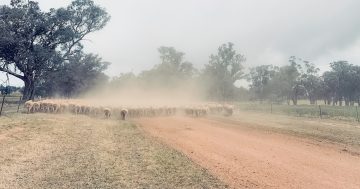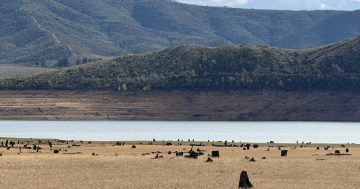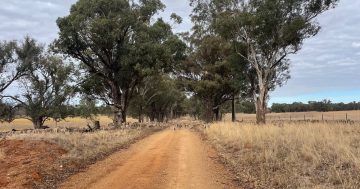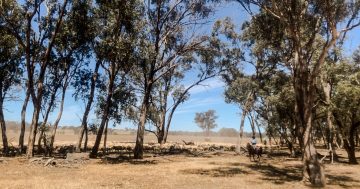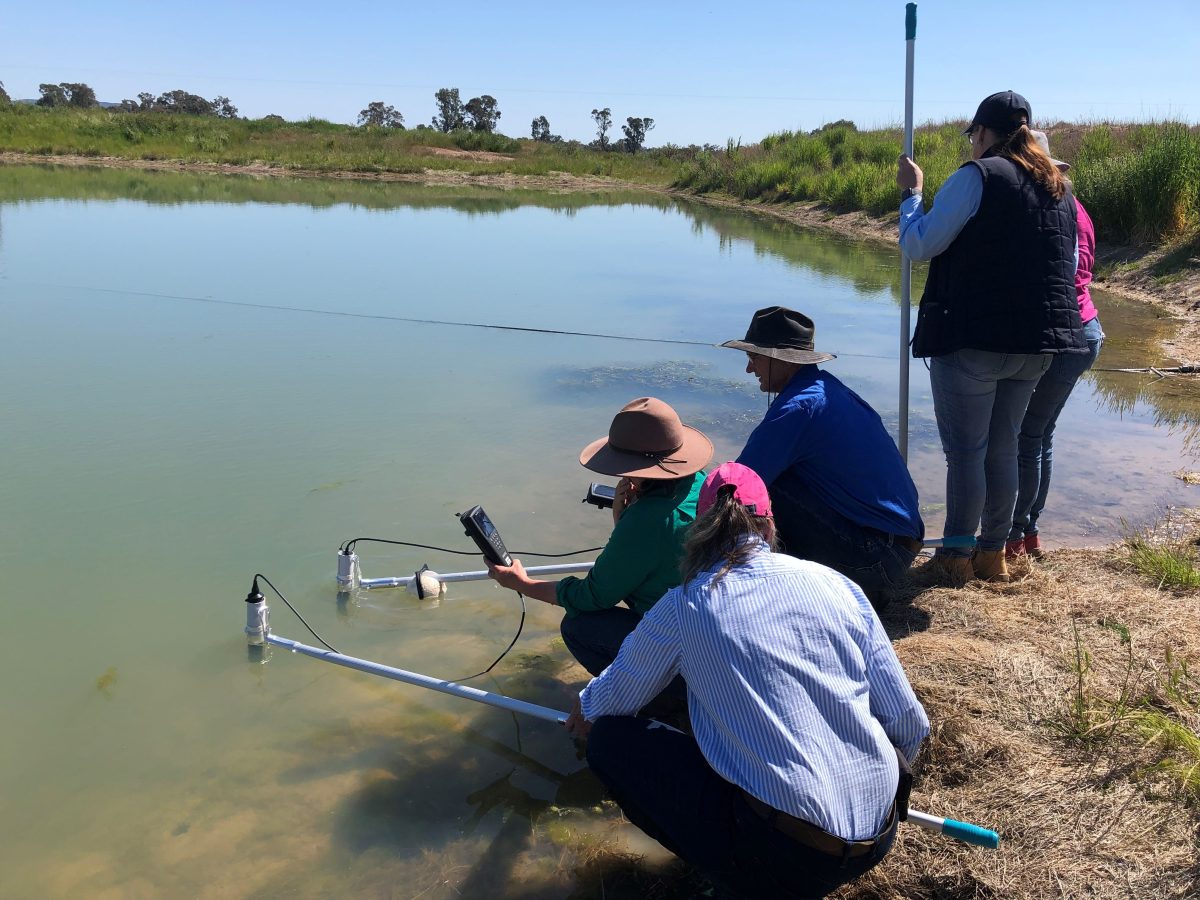
Are you drought-ready? Riverina farmers and landholders are invited to take part in a free one-day stock water management workshop in May. Photo: Supplied.
With weather patterns constantly changing and water such a life-saving commodity, it’s critical to know how it is best managed on your land if you have cattle, sheep, horses, or animals of any type.
Do you know how much water you need or could store coming into a drought or dry season?
If you don’t, you’re not alone.
Paul Simpson, Murray Local Land Services senior land services officer, said nearly 90 per cent of farmers attending field days on farm dams in 2022 in the Murray region didn’t know what their needs would be.
Paul will be one of the presenters at a free one-day stock water workshop in both Burrumbuttock (1 May) and Corowa (2 May).
“Water is a necessity but is often overlooked when it comes to farm planning,” he said.
“We are working with local organisations to deliver a series of workshops over the next 12-18 months as part of our Farm Water Management Planning project.
“The project aims to assist landholders across southern NSW to actively reduce the impact of drought by preparing and implementing on-farm water management plans – now, when seasons have been favourable, is the time to plan and prepare.”
As many farmers know, when the drought comes, it’s often too late for mitigation plans.
An on-farm water management plan determines water needs (stock and domestic), the capacity to meet these needs (dam, tank, bore), and how to get the water to where you need it on the farm.
Peter Smith from Sapphire Irrigation will be another workshop presenter and said he wanted farmers to understand the basic principles of a farm water management plan.
“The program will help you determine how much water you will need for stock and domestic use versus what storage capacity you have when streams or springs dry up, as happened in the last drought,” he said.

Measuring dam depth is vital in accurately estimating its storage capacity and is made easier with the ”DamDeep” tool. Photo: Paul Simpson, Murray Local Land Services.
Farm water security has multiple benefits, including stock health and production, environmental and biodiversity improvements, and importantly, peace of mind by being prepared in a time of drought.
These and many other aspects of farm water management are covered in the workshops, including a farm water budget, storage options, reticulation and troughing, and how to improve water quality.
In addition, demonstration sites are being established to provide landholders with practical ideas on how to set up their own properties to be better prepared for drought.
Geoff Minchin, senior adviser drought and adoption with the Southern Innovation Hub, said setting up a reticulation system of good-quality water not only served in drought times but improved a landholder’s capacity to effectively manage grazing and pastures.
“This leads to improved production, and also the protection of the grazing asset – soils and pastures,” he said.
The preparation of a farm water management plan can also greatly assist in applications for farm finance for drought infrastructure.
Murray Local Land Services is leading the collaborative project with grower groups including Holbrook Landcare Network, West Hume and Corowa Landcare Groups, Riverine Plains, Rice Growers Association of Australia, and the Western Murray Land Improvement Group.
The workshops and associated field days will cover all aspects of stock and domestic water planning, including how farmers can access financial assistance for on-farm water infrastructure.
Participants will hear from a range of experts who will talk about topics such as:
- How much water your stock needs for a day, a week or a year in summer, winter and in times of drought
- Identifying how much water storage capacity you have on your property
- If water quality impacts stock health and performance
- If you can build a dam of any size anywhere on your property
- How to get water to where you need it on your property
- The opportunities available to fund changes to your farm water infrastructure
- What are stream orders and how do they determine water licensing requirements?
Burrumbuttock’s event will beat the Wirraminna Environmental Centre on Wednesday, 1 May, from 8:30 am to 4 pm and Corowa’s will be at the Corowa Saleyards on Thursday, 2 May, from 8:30 am to 4 pm. Breakfast, lunch and afternoon tea are provided.
More information can be found on the Local Land Services website, which also lists grower group contacts, or by contacting Paul Simpson at [email protected] or on 0439 384 749.
The project is supported by the Southern Innovation Hub and funded by the Australian Government’s Future Drought Fund.







